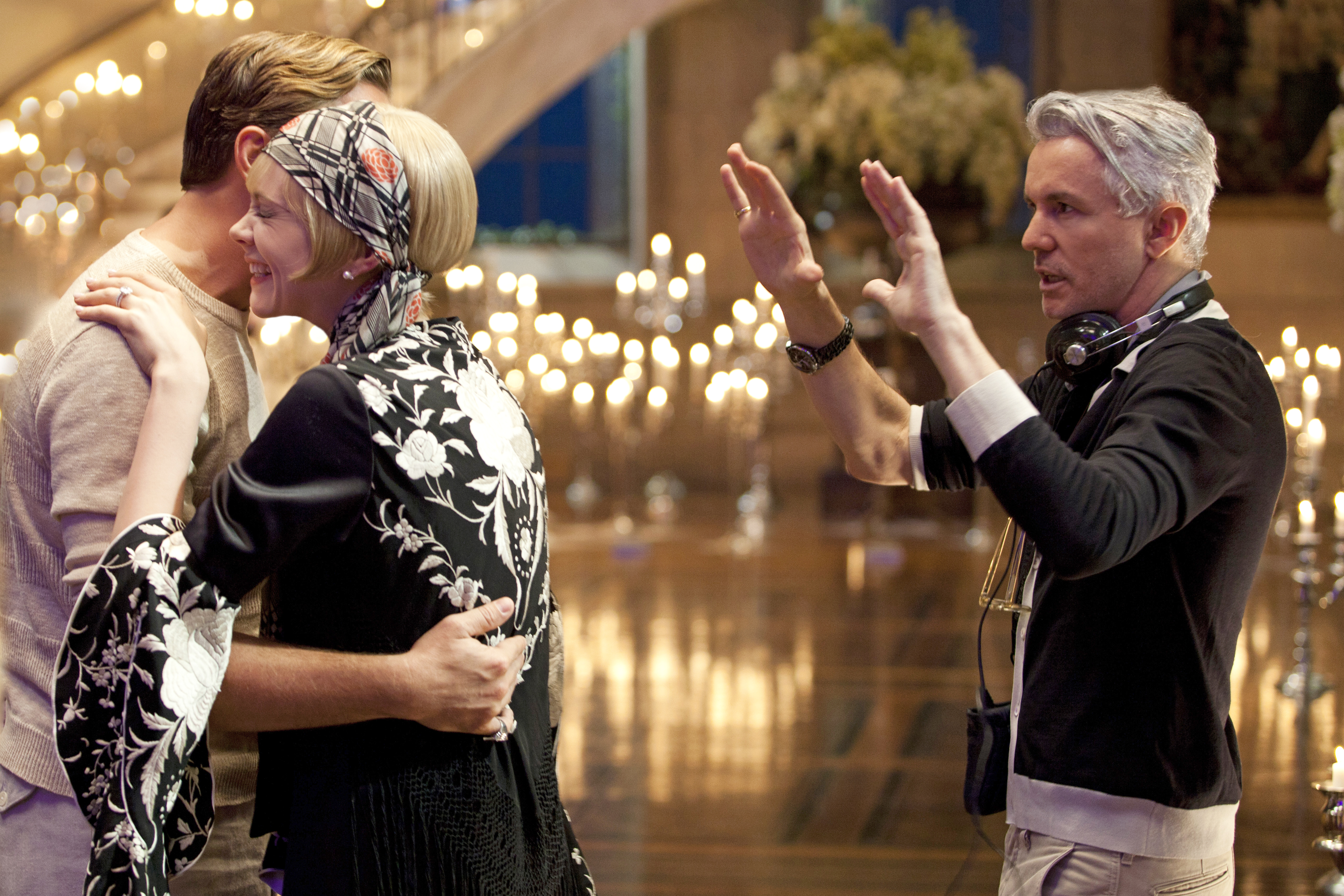Love or Hate: Is Baz Luhrmann’s theatricality alluring or tasteless?

Director Baz Luhrmann is known for his abundant amount of imagery, song and dance in his storytelling which distinguishes him from other directors.
The “Red Curtain Trilogy” is often used to refer to Baz Luhrmann’s first three features: “Strictly Ballroom,” “Romeo + Juliet,” and “Moulin Rouge!” None of the three films are linked, but are often grouped together for their stylistic similarities. Mix together an abundant amount of imagery, work the production value to new heights, take a few drugs to counter the fatigue and bring it all home with a bit of song and dance – you’ll have a Luhrmann piece in no time.
Add on “Australia” and Luhrmann’s newest work “The Great Gatsby,” and you have an anthology of theatricality unlike any other working director’s. Columnist Sebastian Torrelio likes the visual splendor of Luhrmann’s storytelling, while Tony Huang loathes his extravagant escapes from reality.
Maybe there’s just something inherently alluring about Ewan McGregor singing Elton John’s “Your Song,” but Baz Luhrmann has a very interesting way of approaching his subjects. The Shakespearean love story in “Romeo + Juliet” has never been quite as audaciously breathtaking as when Luhrmann approached it. “Moulin Rouge!” accomplished the rare feat of being a Best Picture-nominated musical, while at heart being a two-hour pop song dance party. It’s always fascinating to see where Luhrmann will go next, to say the least.
Most of what he does right can be seen in his first feature, “Strictly Ballroom.” The feel-good plotline is filled with cliches and predictable moments, yet Luhrmann brings an excitement and emotional value that warrants several re-viewings. Not since the film’s acclaimed premiere at the Cannes Film Festival have stereotypes on dancing to follow your dreams been so fun.
Luhrmann is in his element on the stage, prepared to show off the dazzling spectacle he has painstakingly set up to amaze the audience. All of his past films have been recognized for their art direction and costume design, a feat to be inevitably repeated. Even “Australia,” though much less innovative or moving than his other works, portrays Luhrmann’s homeland enthusiastically as a lavish, pre-World War II spectacle. It might be cheating that his wife is the lead production designer on all his films. But hey, whatever works.
Historically speaking, “The Great Gatsby” has a fair amount of positives going for it. Like “Moulin Rouge!” 12 years earlier, it was delayed from a Christmas release for further production, only to open the following Cannes Film Festival. Like “Romeo + Juliet,” it brings on charismatic and always competent Leonardo DiCaprio to work with Luhrmann once more. Although “The Great Gatsby” doesn’t have the best track record when it comes to film adaptations, perhaps a well-established Australian touch will finally give Fitzgerald’s work the respect on screen it deserves.
Email Torrelio at [email protected] if you’re on the “love” side.
Like many others, Baz Luhrmann’s lurid Shakespeare adaptation “Romeo + Juliet” was pushed on me by high school teachers as an example of how Shakespeare was “cool.” In a roundabout way, they succeeded: I figured if the Bard’s words could survive this calculated an attempt to butcher them, he had to be around for a reason.
A director of excess, devoted to “romance” (read: sentiment), Luhrmann is one of those curious devotees to anything unreal. A true crowd-pleaser, always ready with orchestral swells and high-wrung emotions, his version of surreal cinema is grand, decorated and utterly empty.
Credit where credit is due, he seems to believe sincerely in his illusions of what life should be like – through the artifice, he wants to get at truth, or something. But alas, he goes too far with the grandiosity; his cinema lands uncomfortably between hilarious and hilariously bad, more delusional than escapist.
Unfortunately, he’s not scaling back anytime soon. Where his debut “Strictly Ballroom” was bare, low-budget, almost delightful, his subsequent efforts pile on ridiculous sentiments over perpetually hollow cores, helped by increasingly uninhibited budgets.
Exacerbating the situation is his taste for heavyweight material: Shakespeare, Moulin Rouge, Australian wartime, all subjects that warrant restraint, of which he has none. “The Great Gatsby” might carry the biggest cultural albatross of them all – the source material (which most high school students are at least familiar with on a SparkNotes level) is almost detached in its melancholy, drenched in a distant tone that runs distinctly contrary to Luhrmann’s method.
So bring on the overeager spotlights, the forced performances, the boom bap soundtrack (at least I get some Jay-Z material out of this). “The Great Gatsby” is doomed to miss the point. Nail in the coffin, guys: may as well have T.J. Eckleburg sport some 3-D glasses.
Email Huang at [email protected] if you’re on the “hate” side.


